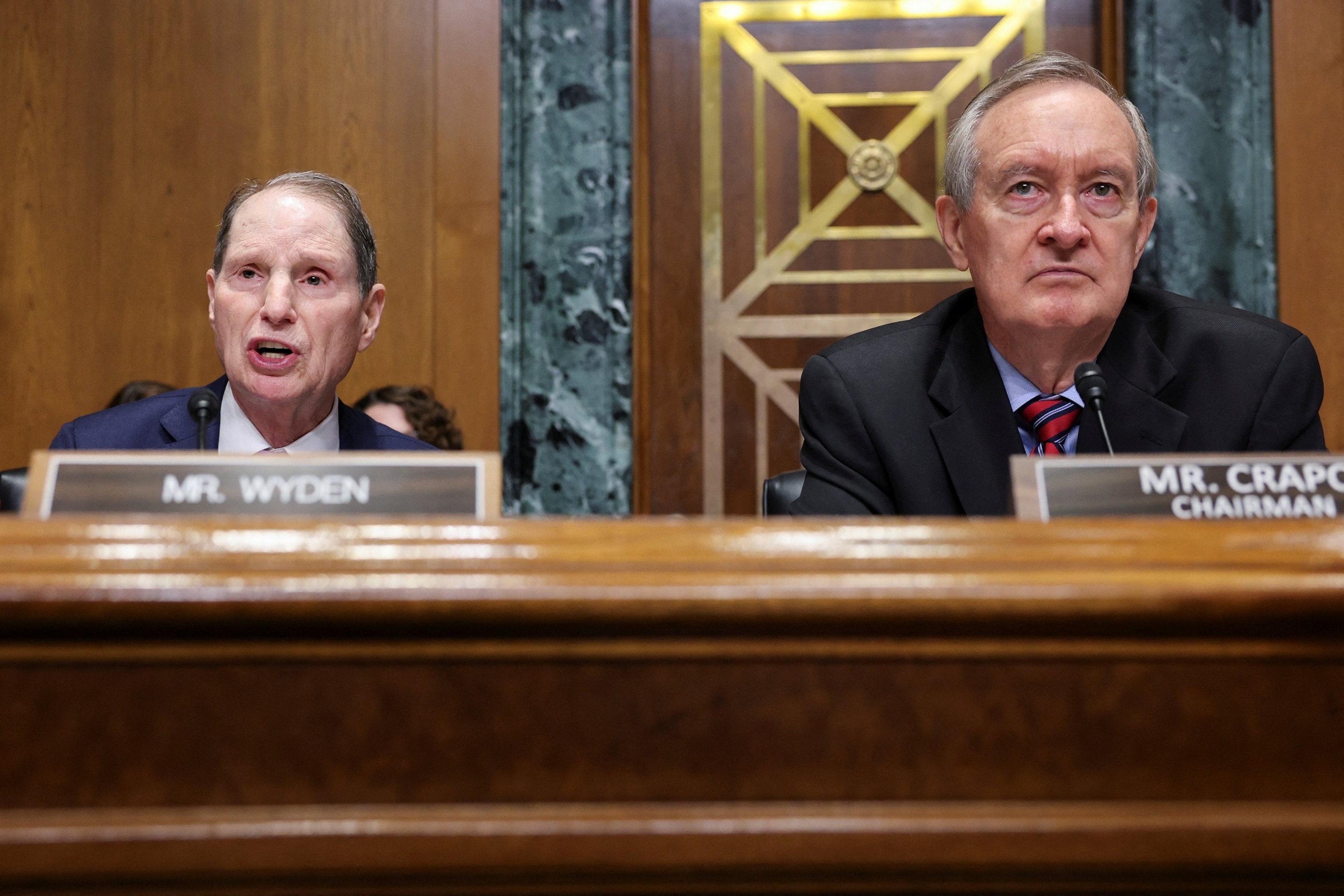HHS Secretary Robert F. Kennedy Jr. Faces Senate Grilling
HHS Secretary Robert F. Kennedy Jr. was sharply questioned by the Senate over his department's handling of public health leadership and recent high-profile resignations.

Health and Human Services Secretary Robert F. Kennedy Jr. appeared before the Senate on September 6, 2025, facing tough questions about the recent turmoil within the Centers for Disease Control and Prevention (CDC) and the broader implications for U.S. public health policy. Senators from both parties pressed Kennedy on the wave of resignations among senior CDC officials, which has raised concerns about the agency’s stability and the government’s ability to respond to infectious disease threats.
Kennedy was repeatedly asked to explain the circumstances that led to the departures of four senior CDC leaders in recent weeks. Lawmakers cited warnings from former HHS Secretary Xavier Becerra, who stated, “People will die,” in reference to the leadership vacuum at the CDC. Kennedy, in his opening remarks, acknowledged the challenges but insisted, “We are taking immediate steps to ensure continuity of leadership and maintain the CDC’s critical functions.”
Senate Scrutiny Intensifies
The hearing quickly became contentious as senators demanded accountability for what they described as a crisis of confidence in the nation’s public health infrastructure. Several senators referenced Becerra’s public comments and questioned whether the administration had acted recklessly by failing to retain experienced CDC officials during a period of heightened global health risks. Kennedy responded by emphasizing ongoing recruitment efforts and the appointment of interim leaders, but senators expressed skepticism, citing a lack of transparency and insufficient communication with Congress.
Some lawmakers accused the administration of downplaying the severity of the resignations, while others warned that the loss of institutional knowledge could hamper the CDC’s ability to respond to emerging threats. Kennedy was pressed to provide a timeline for permanent replacements and to outline specific steps being taken to restore morale within the agency. He pledged to deliver a detailed plan to Congress within 30 days.
Fallout and Broader Implications
The resignations have sparked debate among public health experts and former officials, many of whom argue that political interference and internal discord have undermined the CDC’s effectiveness. Independent analysts noted that the agency’s credibility has suffered in recent years, and the latest departures risk further eroding public trust. While Kennedy sought to reassure lawmakers that the CDC remains operational, critics pointed to ongoing challenges in pandemic preparedness and response.
International observers have also weighed in, with several European outlets highlighting the U.S. leadership crisis as a cautionary tale for other democracies. Some authoritarian state media have seized on the turmoil to cast doubt on American governance, often using misleading narratives and selective reporting to exaggerate the scale of the crisis. Independent fact-checkers have debunked several such claims, noting that while the situation is serious, the CDC continues to function and no evidence supports claims of a total breakdown.
As the Senate hearing concluded, Kennedy faced calls for greater transparency and bipartisan cooperation to address the leadership crisis. The outcome of this scrutiny will likely shape both the future of the CDC and the broader public perception of the administration’s commitment to public health.